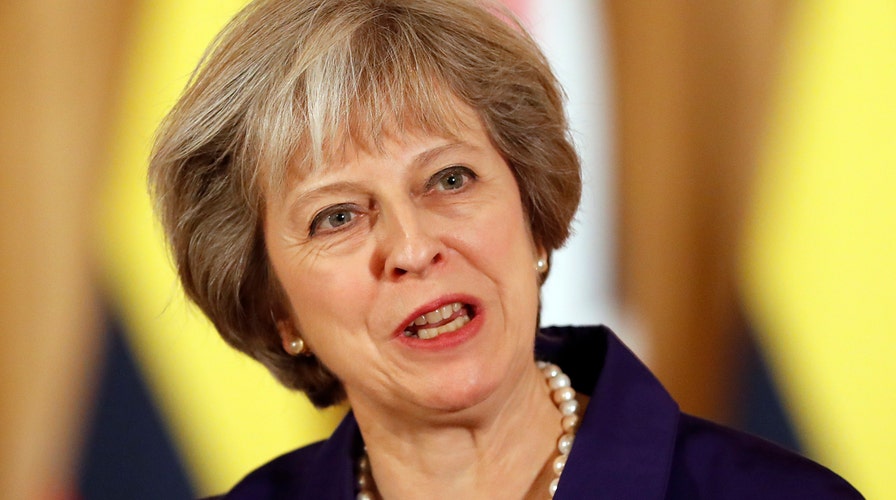Mixed reaction in Britain after major court ruling on Brexit
UK court decides that Prime Minister Theresa May must hold a vote in parliament over leaving the European Union
LONDON – The number of people in work in the U.K. fell for the first time in more than a year in the three months through October, data showed Wednesday, signaling that the labor market may be softening and adding to signs of economic weakness emerging in the aftermath of the Brexit vote.
Deteriorating economic conditions would spell trouble for the ruling Conservatives as they prepare to extricate the U.K. from the European Union, with formal divorce proceedings due to begin early next year. Analysts say a slowing economy could weaken the U.K’s negotiating hand, galvanizing proponents of a so-called “soft” Brexit, a model which prioritizes retaining access to the EU’s single market over the government’s goal of limiting immigration.
The U.K.’s employment level in the August-October period fell by 6,000 people, or 0.1 percentage point, on the quarter, while the number of people who are no longer seeking work rose by 76,000, the largest quarterly increase in economic inactivity since mid-2014. The number of people claiming out-of-work benefits in November also rose, by 2,400, while the previous month’s figure was revised up significantly, to 13,300.
“This is the first genuine disappointment we have seen in the hard data since the Brexit vote,” said Alan Clarke, head of European fixed-income strategy at Scotiabank in London, in a note entitled “The honeymoon is over”.

